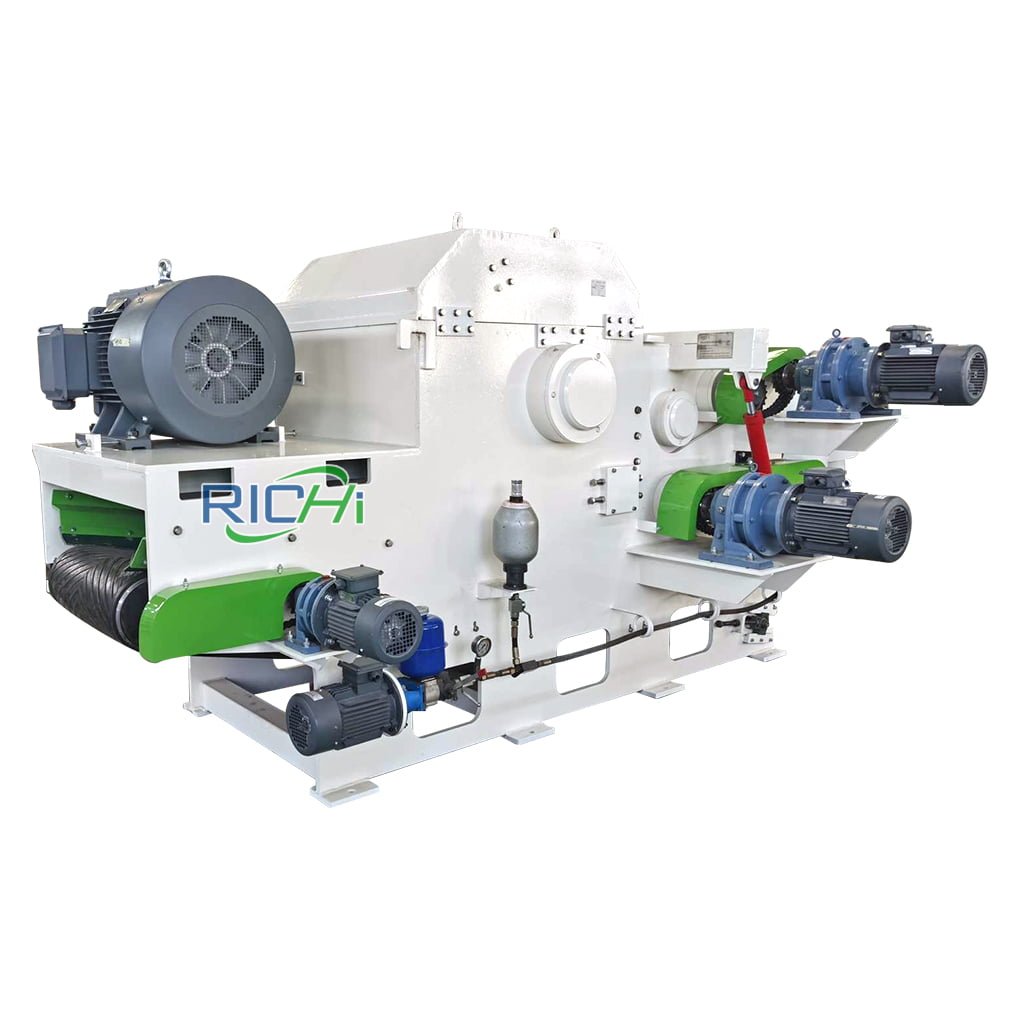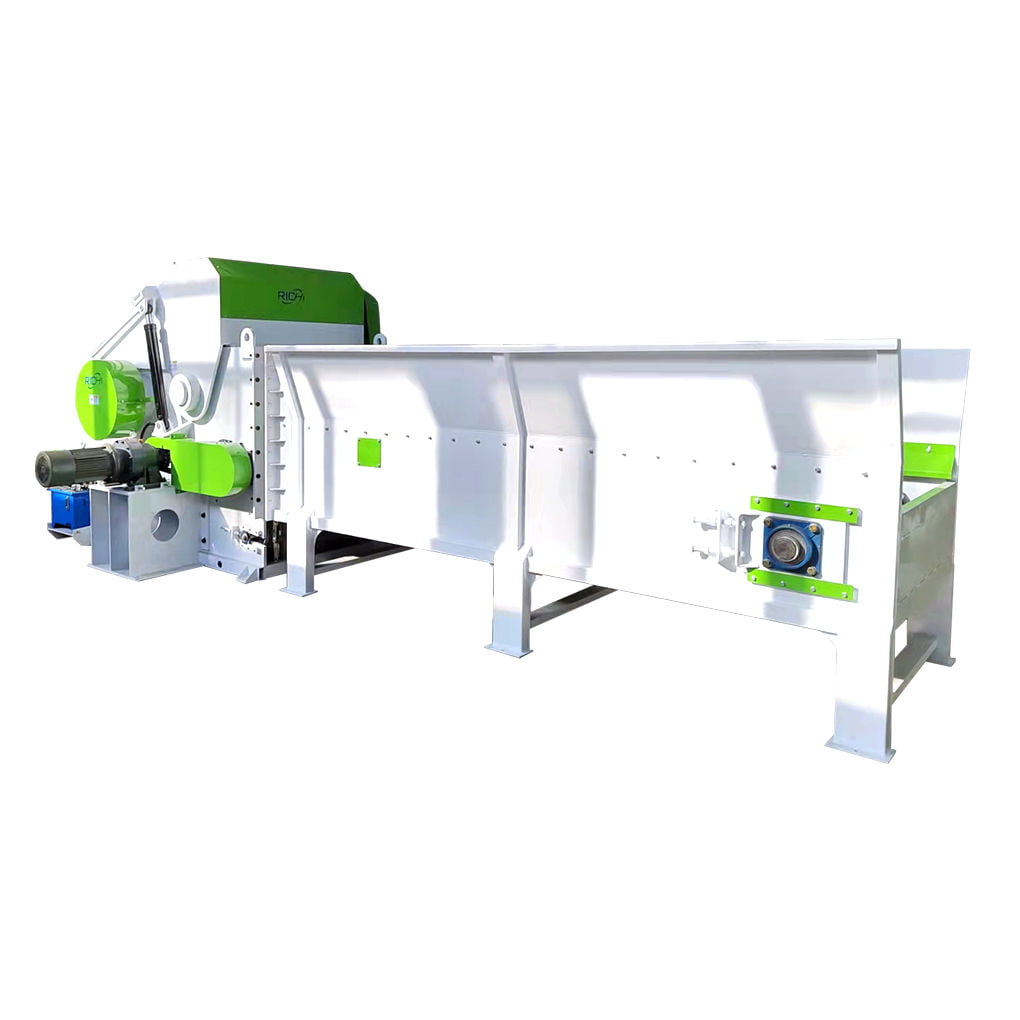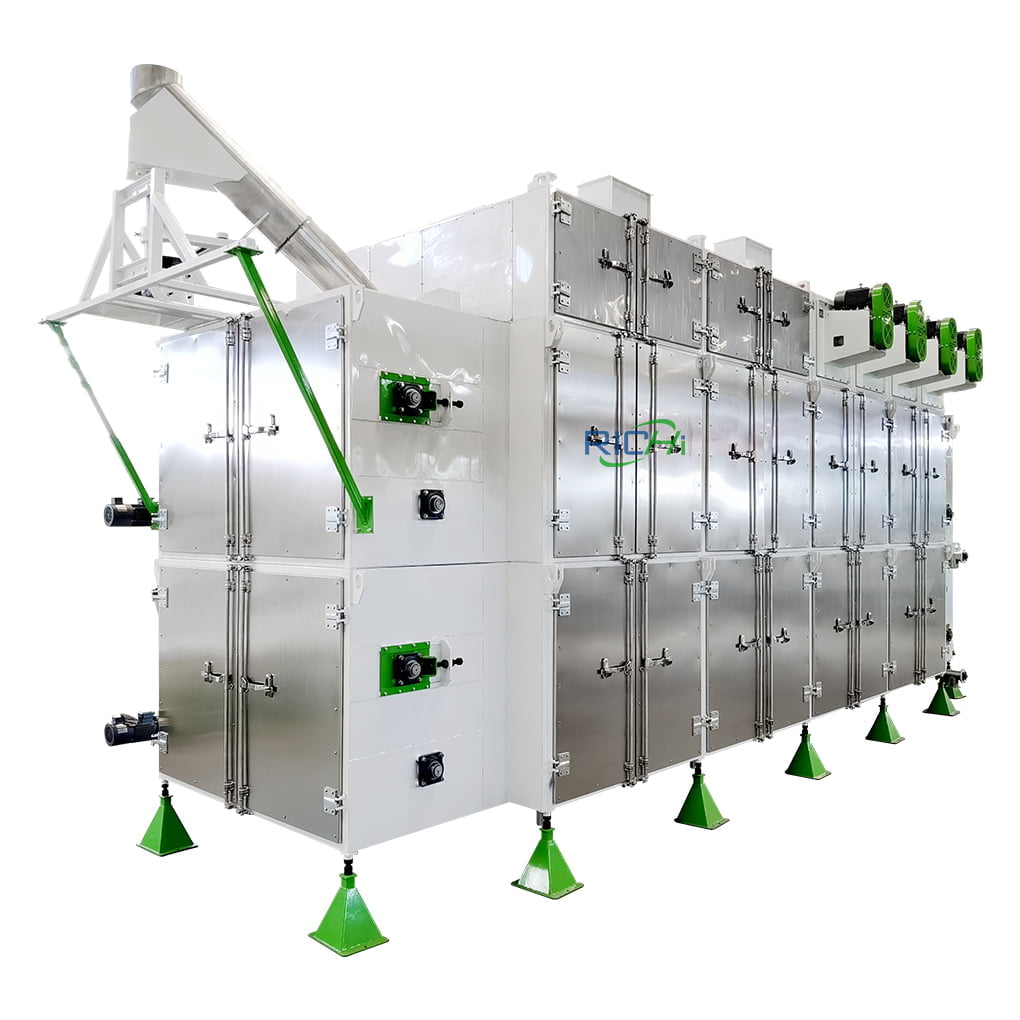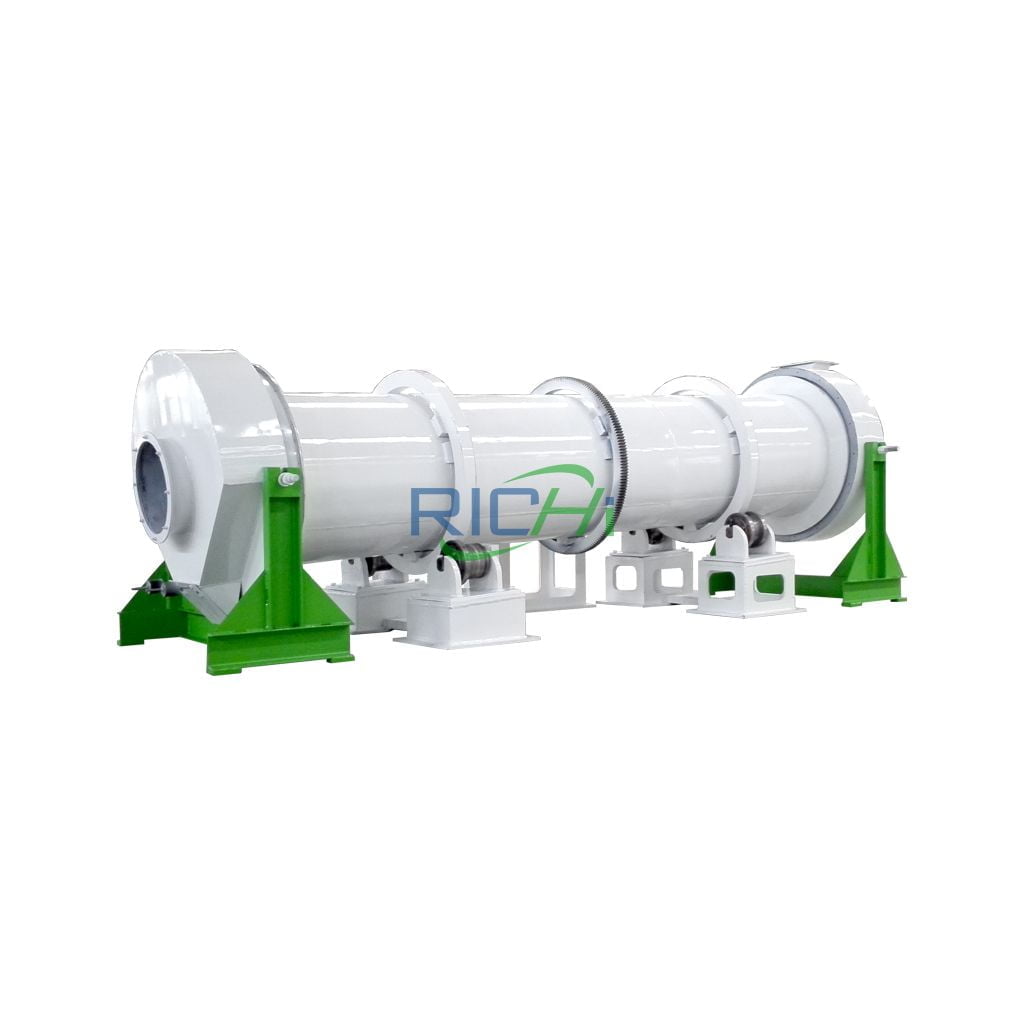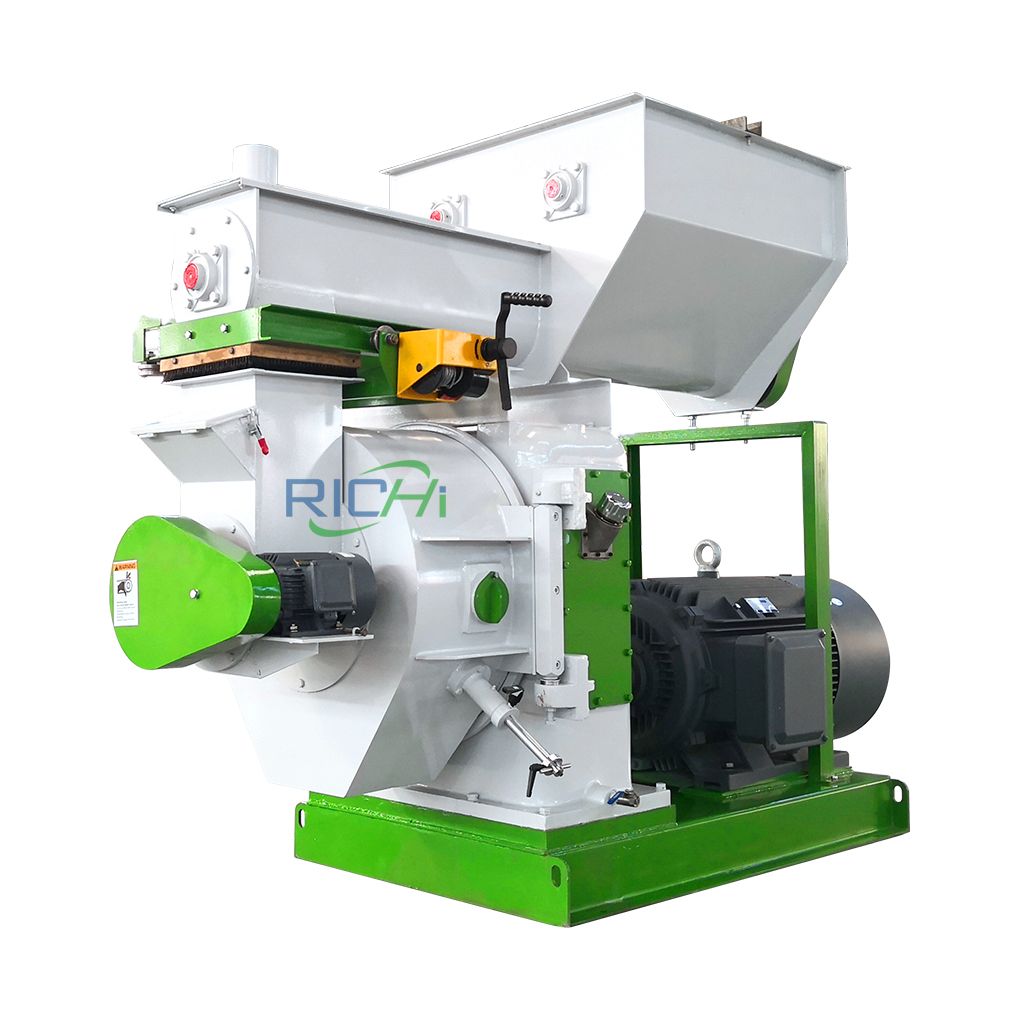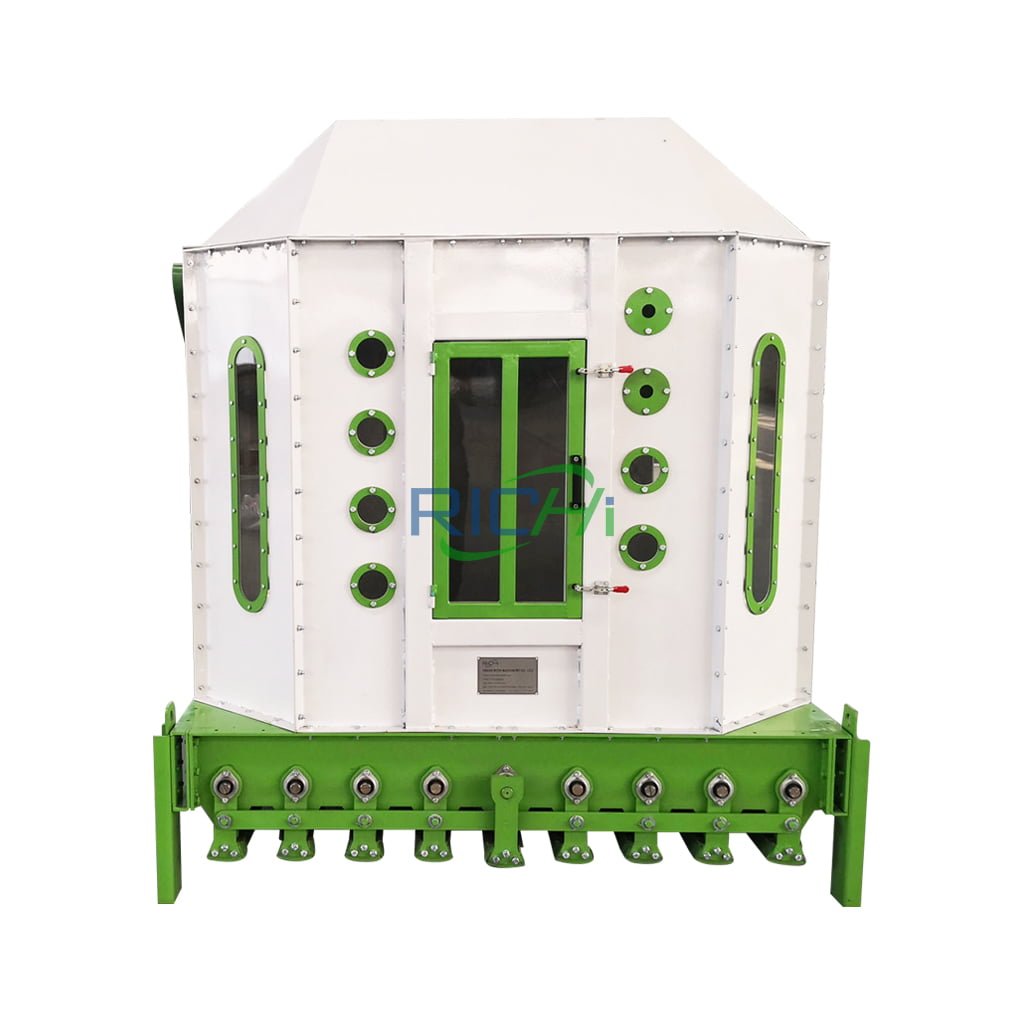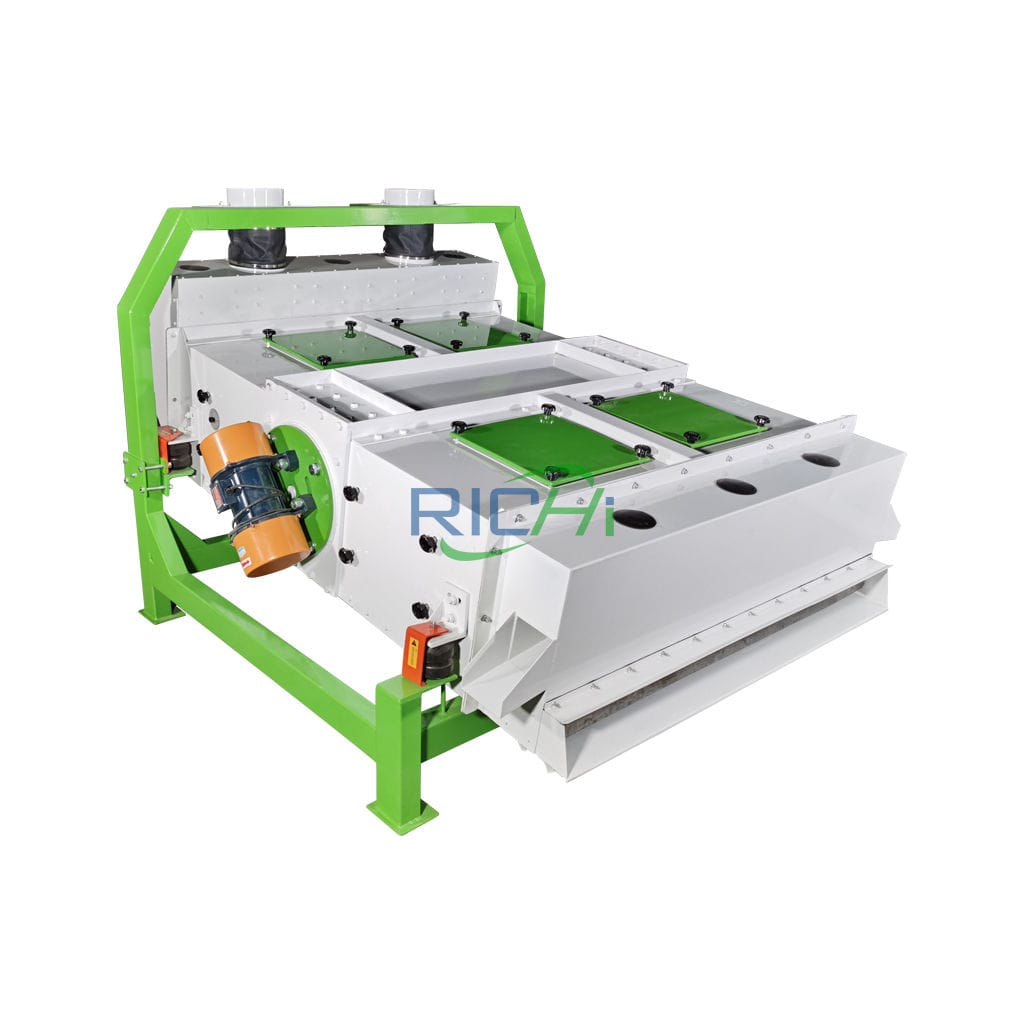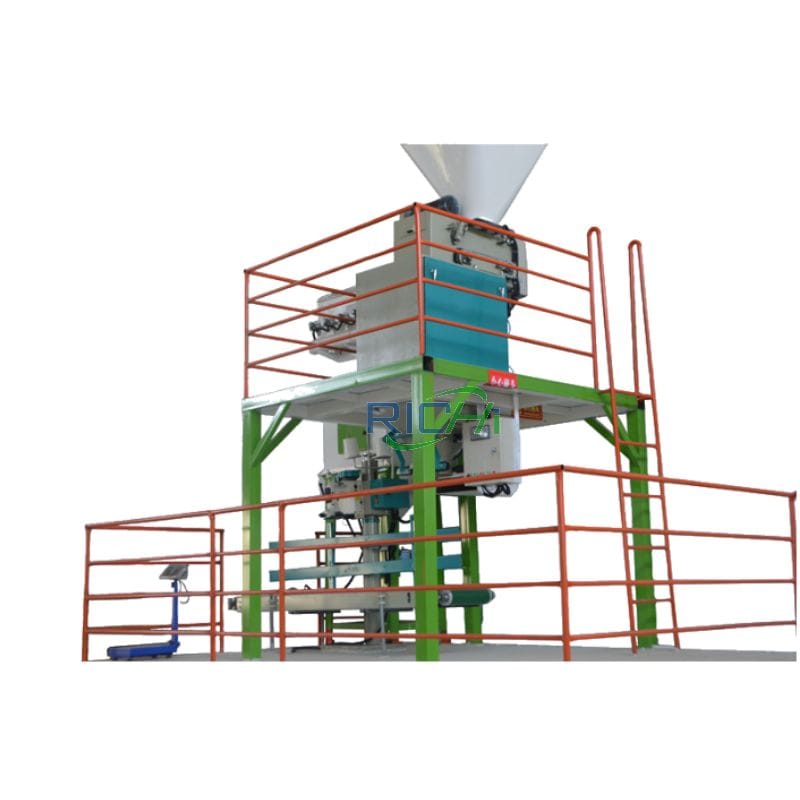
Turnkey Pellet Plant
Turnkey pellet plant is a complete system for processing biomass fuel, biomass feed, organic fertilizer and other pellet products. It consists of different modular systems for cleaning, crushing, drying, granulation, cooling, screening, packaging, etc. This pellet production system is suitable for various raw materials, and can also use two or more raw materials at the same time.
This page will introduce you to large-scale 40-60t/h biomass pelleting solutions. Our team can build customized solutions around your raw material and process needs.

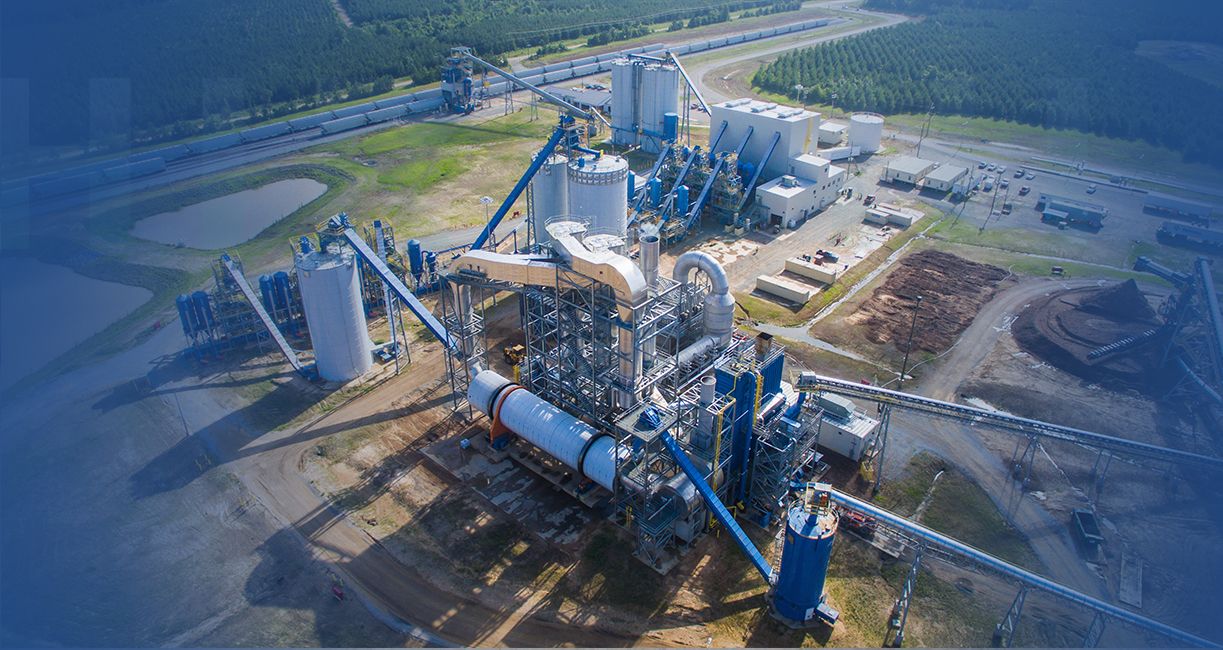
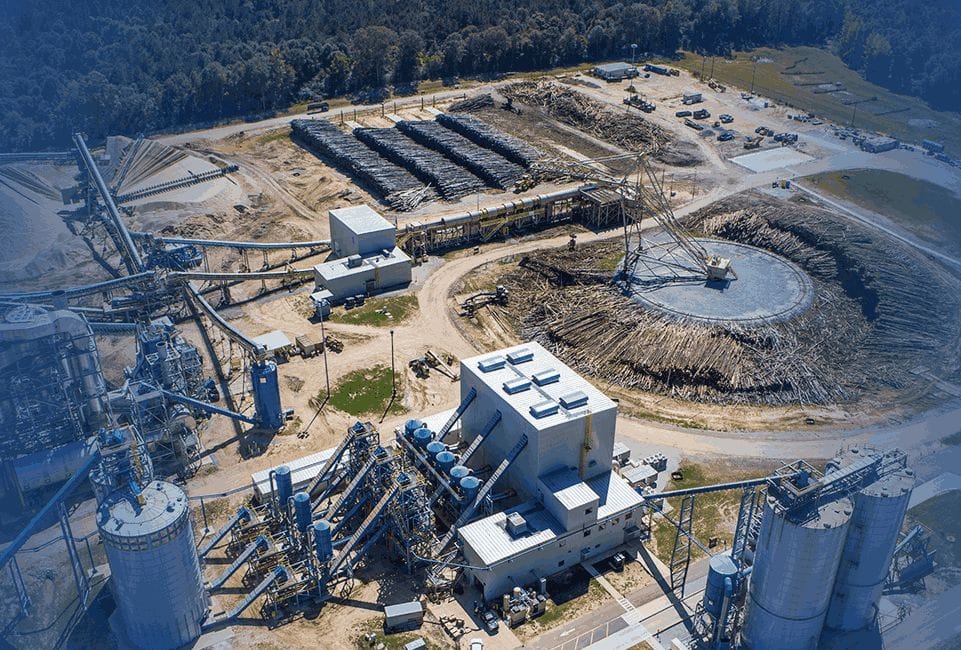
We offer a turnkey pellet plant design, manufacturing, installation process. This means that our customers can count on us to handle the whole process of building their pellet plant, all the way from inception to completion. We don’t just install plant equipment , but also solve and troubleshoot any related problems.
This gives us a deep understanding of the configuration and capabilities of equipment and machines used in the line of production, rendering us experts in this segment. Furthermore, we offer support for all the equipment that we install. We are only a call away whenever issues arise when using our installed equipment.
- Output: 40-60T/H
- Price: 500,000-2,200,000 USD
- Applicable customers: energy companies, fuel pellet plant, biomass pelletizing plant, wood pellet factory, animal feed mill plant, farms, sawdust mills, wood chip mills, lumber mills, etc.
Raw materials for turnkey pellet plant
The raw materials suitable for the turnkey pellet plant to process biomass pellets mainly include the following:
Forestry waste
Forestry waste refers to waste generated during forestry production, forest regeneration and forest product processing. Including logging residues, forest clearing residues and wood processing residues, mainly including wood logs, sawdust, wood chips, wood scraps, templates, etc. It can be processed into biomass briquette fuel, used as raw material for biomass direct-fired power plants, and as raw material for processing various plates.
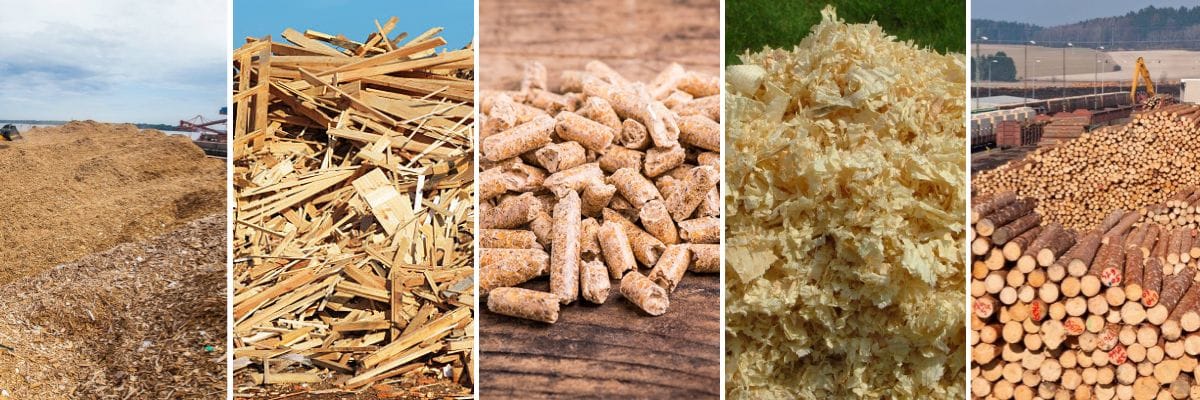
agricultural waste
Solid waste in the planting industry refers to the solid waste generated from the crops themselves during the planting, harvesting, trading, processing, utilization, and consumption of crops. It mainly includes crop straws and processed residues from vegetables, fruits, etc. Can process biomass fuel, animal feed, and organic fertilizer.
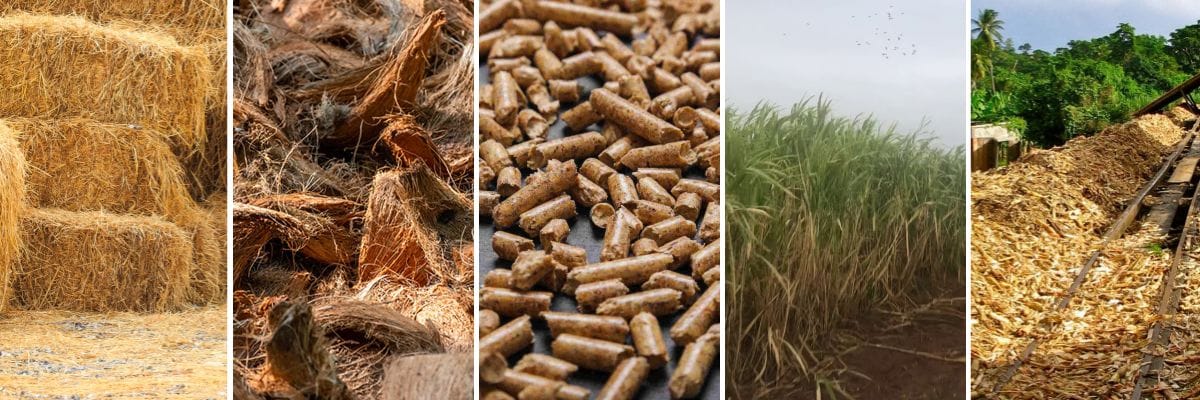
Breeding waste
Refers to the solid waste generated during the livestock and poultry breeding and processing process, mainly including livestock and poultry manure, livestock and poultry house litter, waste feed, scattered hairy and other solid waste, as well as livestock and poultry breeding wastewater with high solid content, etc. This type of waste can be used to process organic fertilizer pellets.
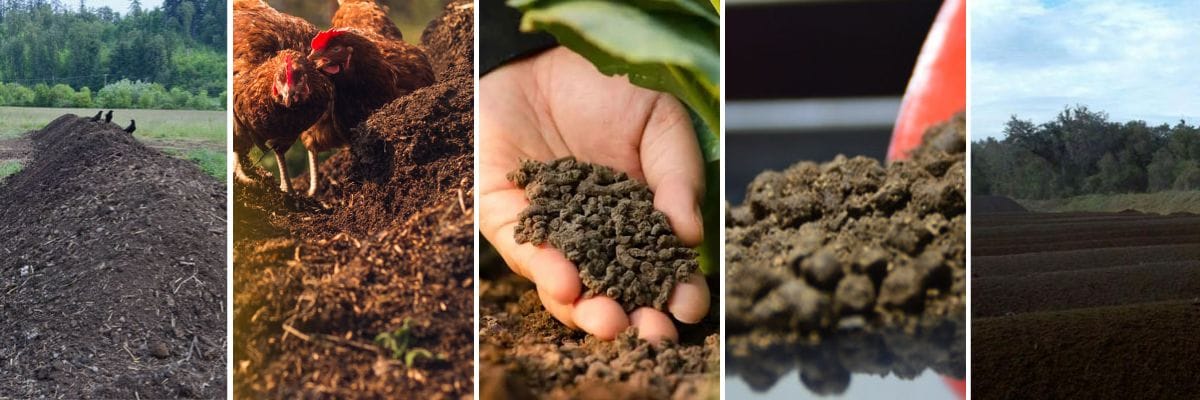
Domestic garbage and waste
Domestic waste refers to solid waste generated in daily life or activities that provide services to daily life. The main components of domestic waste are kitchen waste (eggshells, leftovers, coal ash, etc.), waste plastics, waste paper, etc. Mainly used for processing feed pellets, fuel pellets, paper pellets, plastic pellets and other products.
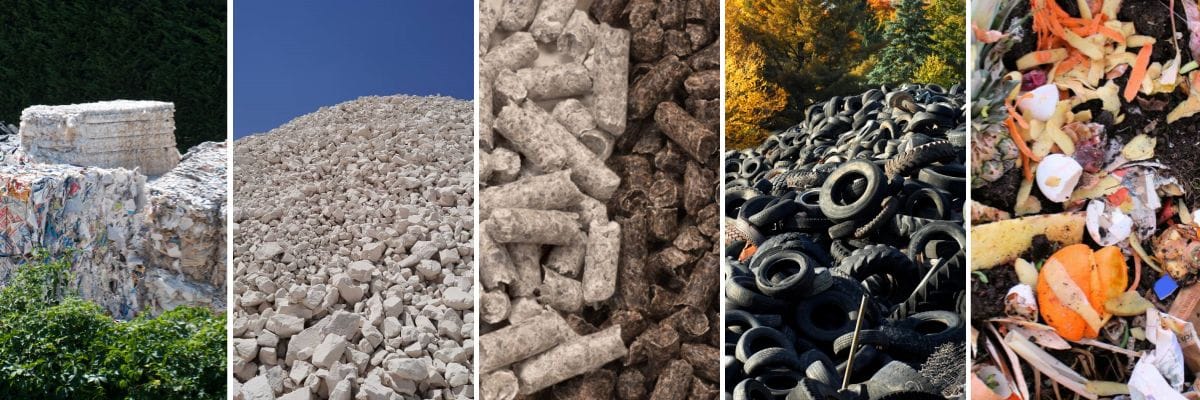
turnkey pellet plant process design
We understand that each biomass pellet manufacturing process is unique. That’s why we offer tailored turnkey pellet plant solutions designed to meet the specific needs of your operation. How are biomass pellets produced?
The production process of turnkey pellet plant mainly includes raw material processing, drying, pelleting, cooling, screening and packaging.
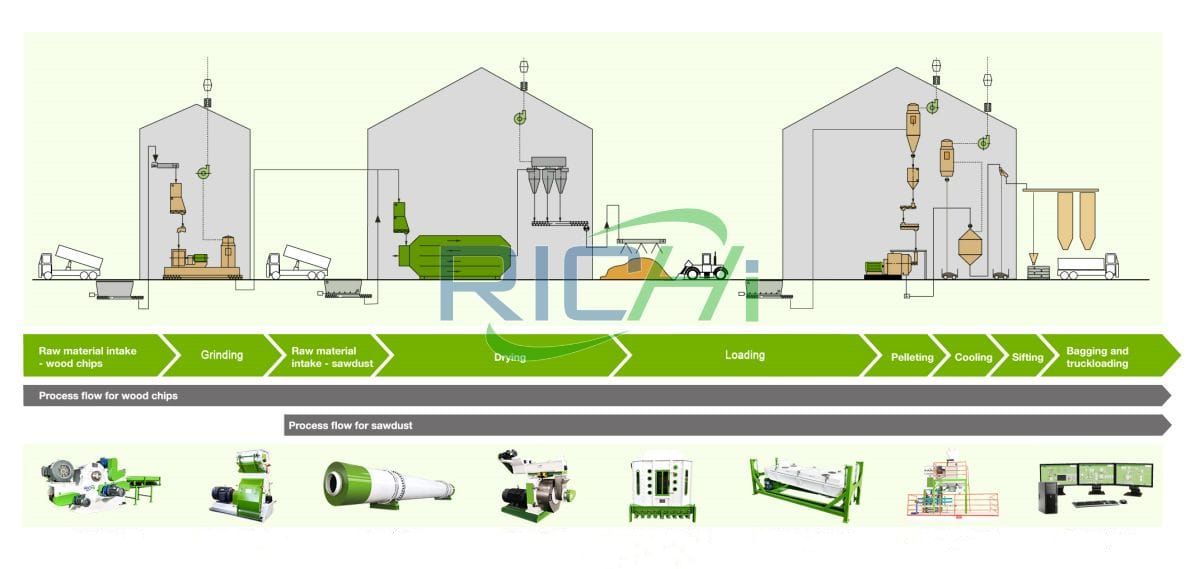
1. Raw material processing
The main raw materials of biomass pellet include wood chips, sawdust, straw, wheat straw, corn straw, etc. These raw materials need to be processed to remove impurities, moisture, etc. to facilitate subsequent processing. Processing methods include cutting, crushing, screening, drying, etc. The quality of raw material processing directly affects the subsequent efficiency and the quality of pellet fuel.
(If the moisture content of the customer’s raw materials is not higher than 15%, you can granulate directly after crushing without using a biomass dryer; if it is higher than 15% but lower than 20%, you can consider mixing dry materials with wet materials to remove the moisture. After neutralization is reduced, granulation is carried out.)
2. Pelleting
After the raw materials are processed, they need to be compressed into granules for easy storage and transportation. Pellets manufacturing is part of the entire production process. Pellets are generally manufactured using a biomass pellet machine, which compresses raw materials into granules through high temperature and high pressure.
By changing different ring dies, pellets of different sizes can be produced. The choice of pellet machine is very important. Different pellet machines have different pressures and temperatures. Different pellet machines need to be selected according to different raw materials.
3. Cooling
The temperature of the biomass pellets coming out of the pellet machine is 80 degrees, which is not suitable for packaging and needs to be cooled by a cooler. Under the action of the cooling fan, the cold air in the air enters the cooling chamber in the air duct of the cooler fixed frame, and fully contacts the pellets through the gaps between the pellets for heat exchange.
4. Finished product packaging
The finished biomass pellets are screened through the rotary classification screen, and the biomass pellets above the screen enter the finished product bin. Then weigh and package according to a certain weight of the packaging bag. Under the sieve is powder. Enter the biomass pellet making machine through the pipeline to re-pellet.
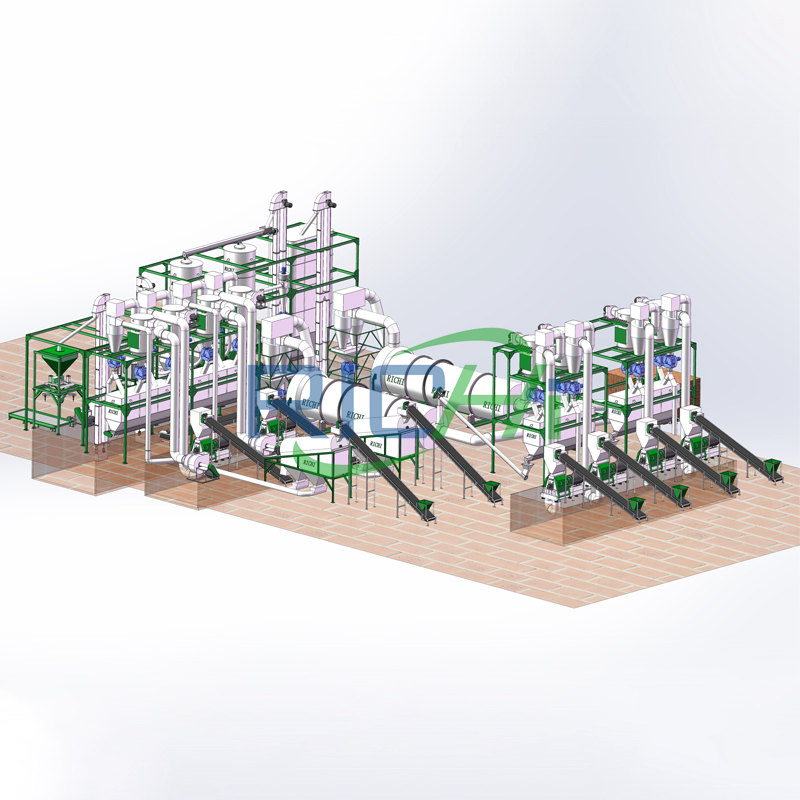
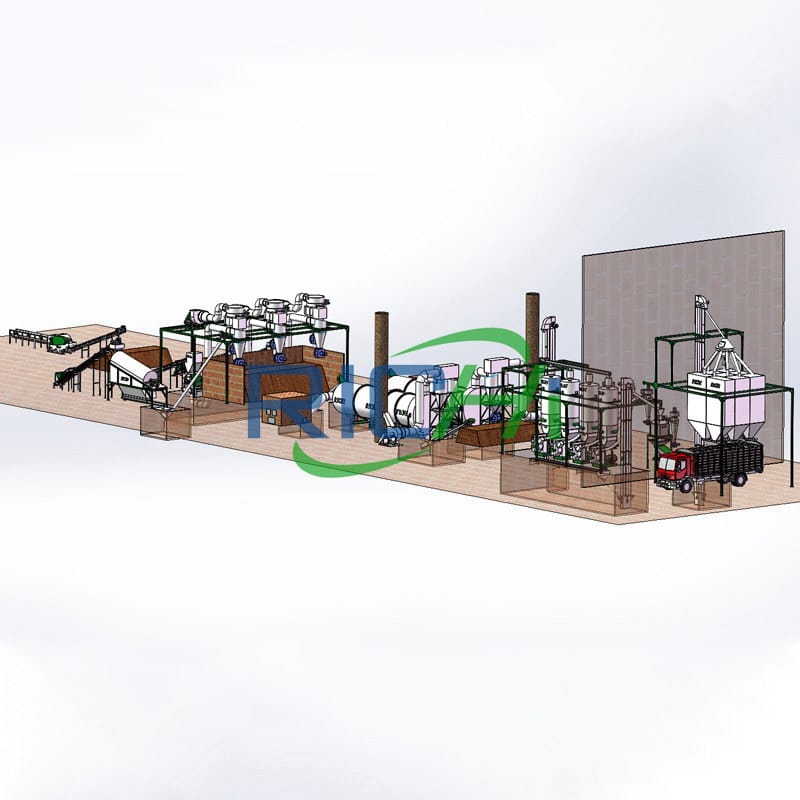
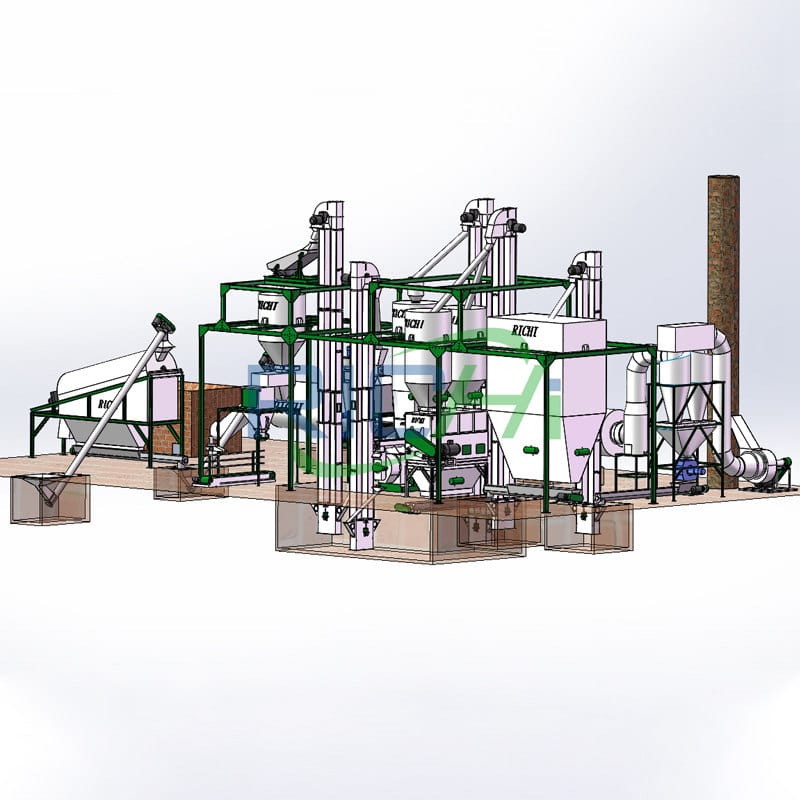
After the above processing, the biomass pellets can be packaged and sold. Packaging requires selection of appropriate materials, quality of pellets and storage time.
Each link of turnkey pellet plant requires delicate operations to ensure the quality and production efficiency of biomass pellet.
We sit down with you to fully understand your current situation and what your goals are. We roll up our sleeves and walk through your biomass pellet plant to analyze your processes and challenges. We listen to your concerns and challenges to achieving your goals.
We use drawings if you have them, or our skilled process engineers can create them for you, to break down areas of opportunity that can be optimized. (Find RICHI on youtube)
Equipment for turnkey pellet plant
The principles for selecting turnkey pellet plant equipment are technological advancement, economical application, safety and durability, high efficiency and low consumption, easy maintenance, etc.
Use the perspective of sustainable development to select equipment that will last longer, so as to achieve continuous production and create benefits. The correct choice can be made based on personal economic strength, raw materials and site conditions.
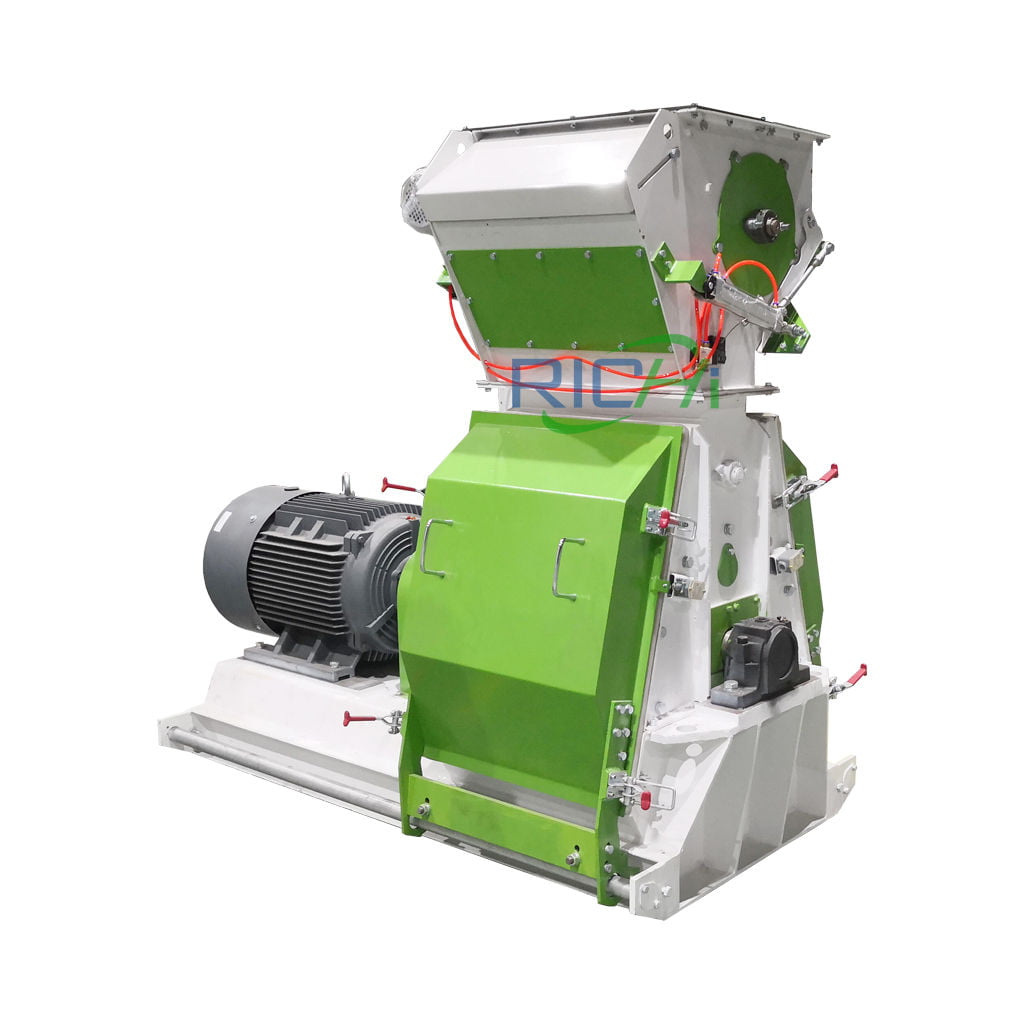
biomass Hammer Mill
Capacity:
3-25T/H
Main Power:
30-160 KW
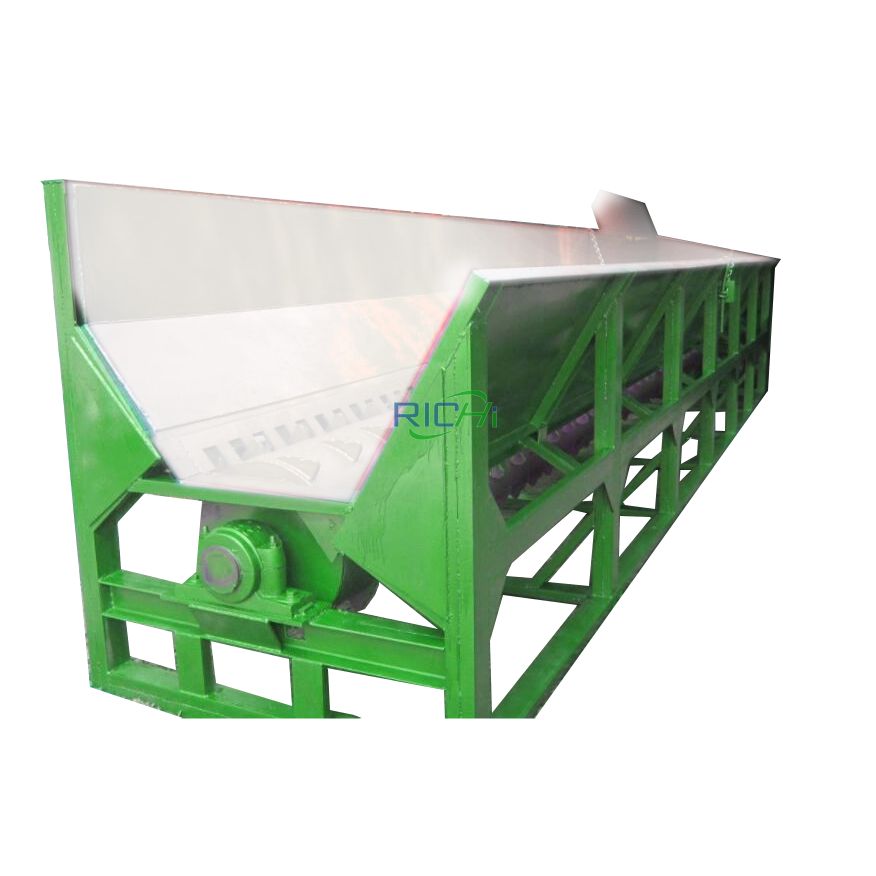
wood Debarker
Capacity:
5-15 T/H
Main Power:
7.5-11 KW
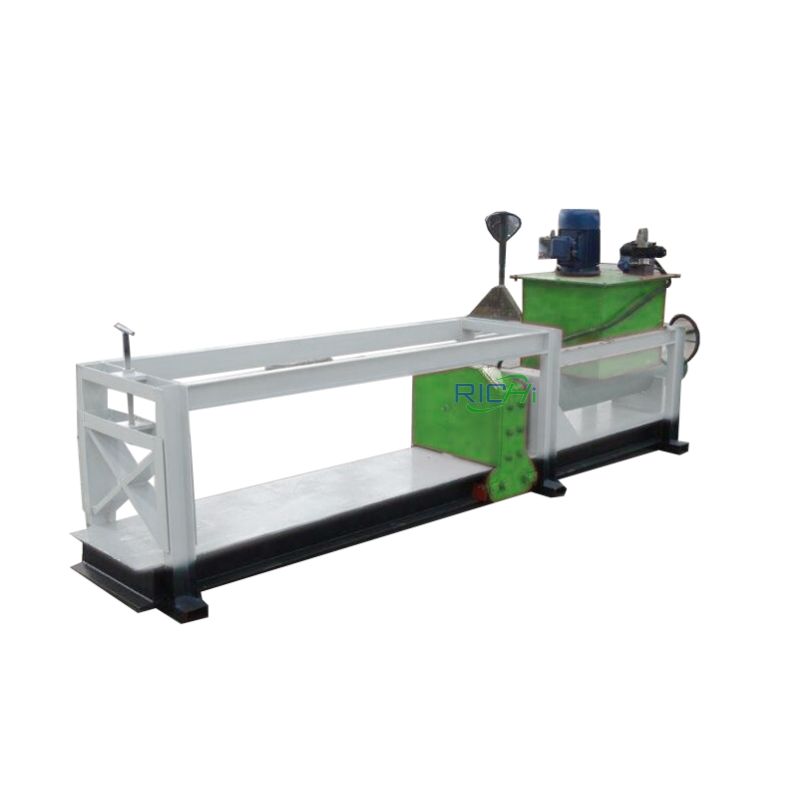
Wood splitter
Capacity:
3-12T/H
Main Power:
10-20 KW
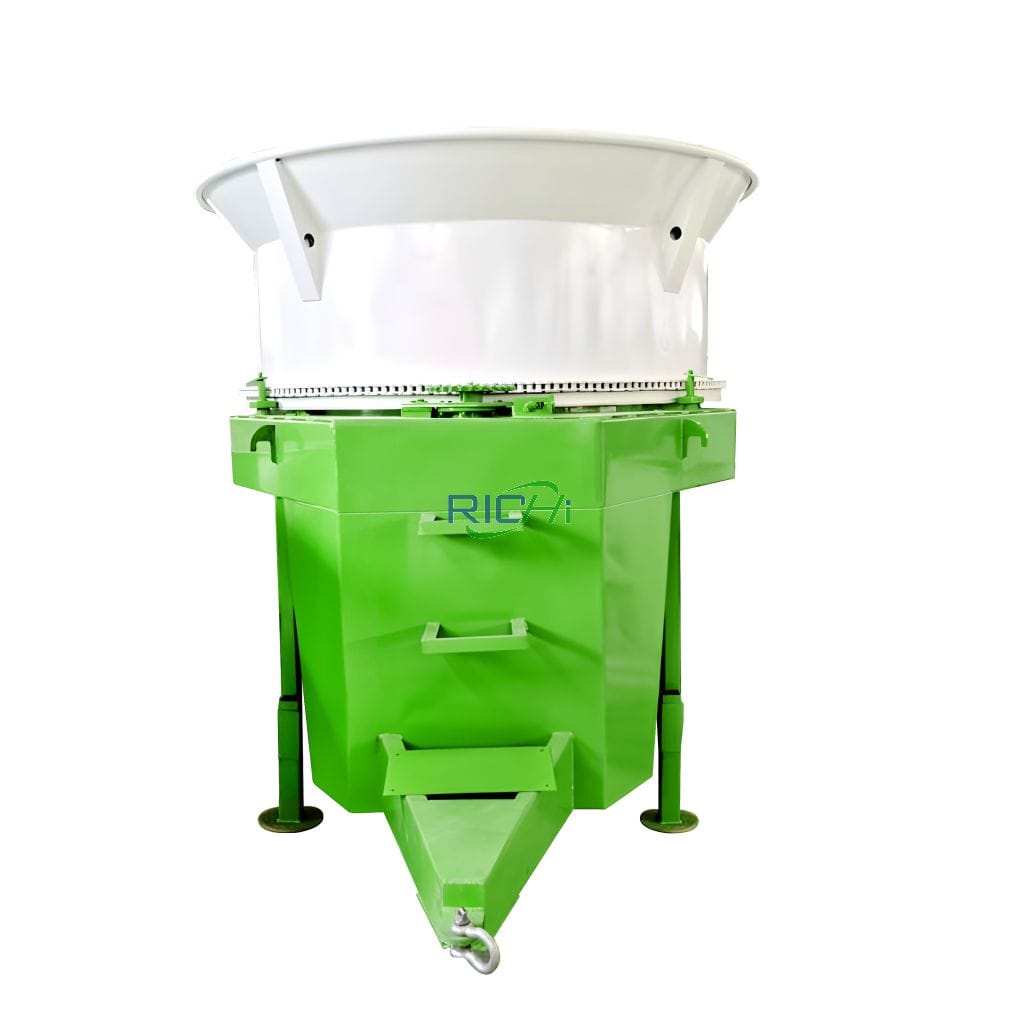
Bale breaker
Capacity:
1-20T/h
Main Power:
30-90KW
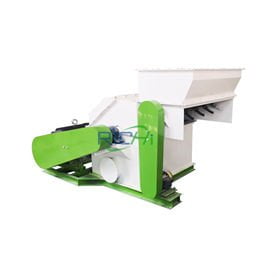
Straw Grass Crusher Machine
Capacity:
0.3-3T/H
Main Power:
22-93KW
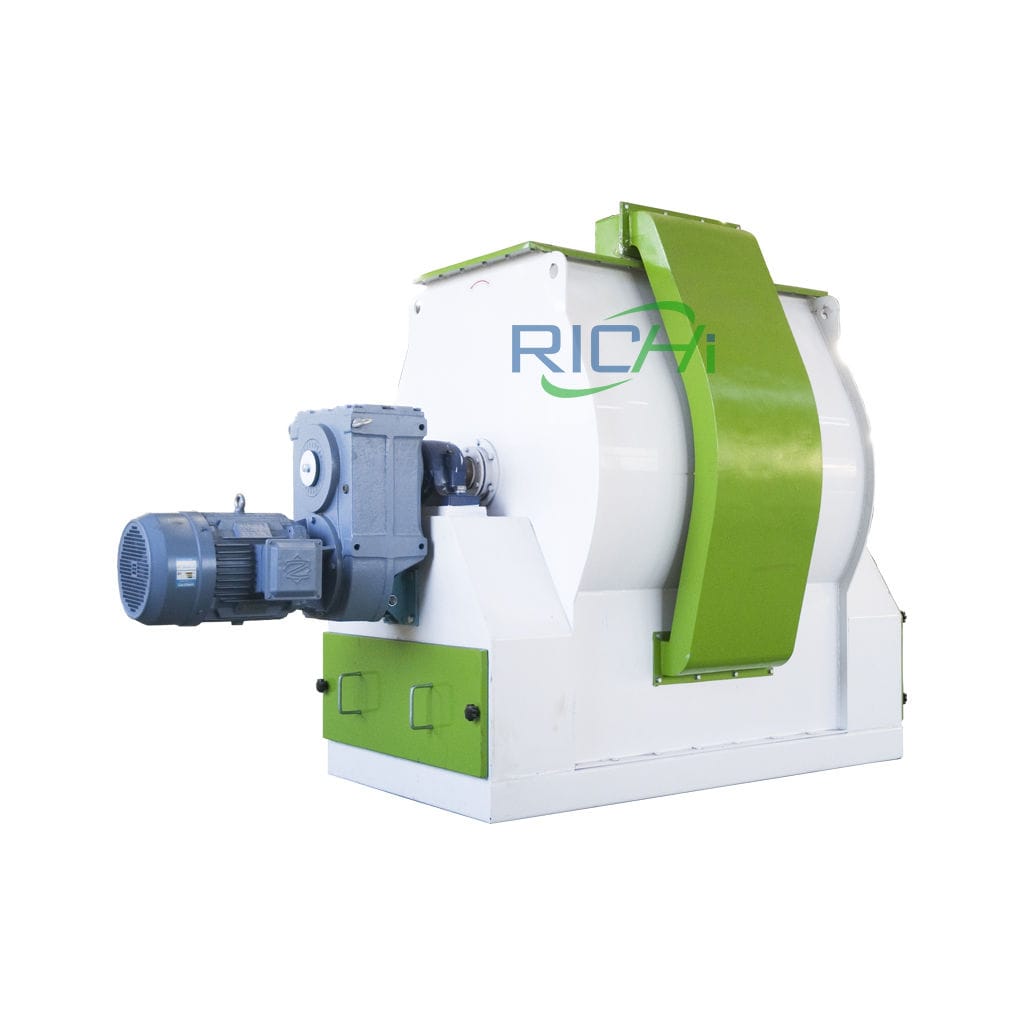
Mixing Machine
Capacity:
250-2000KG
Main Power:
4-55KW
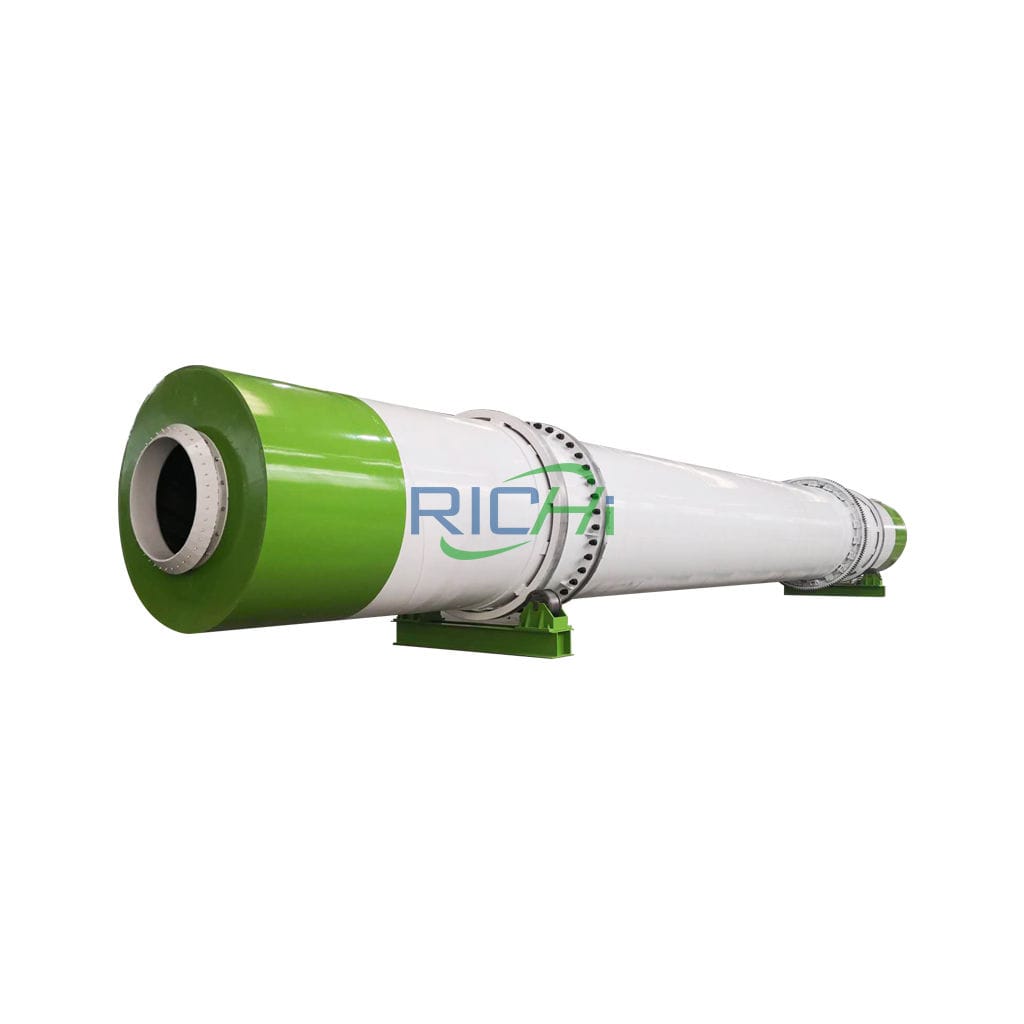
biomass Dryer
Capacity:
Customized
Rotate Speed:
3-8 R/Min
At RICHI Machinery, we are committed to the success and efficiency of your turnkey pellet plant. Our team of experienced engineers brings unparalleled expertise in both the technical and business facets of manufacturing, providing you with solutions that not only meet but exceed your expectations.
Featured 40-60T/H turnkey pellet plant solution
Welcome to RICHI Machinery, where our core disciplines are the foundation of our success. With a team of experienced professionals and a commitment to excellence, we offer a wide range of biomass engineering and design services to meet your turnkey pellet plant project’s unique needs.
Below, let’s take a look at some unique program designs:
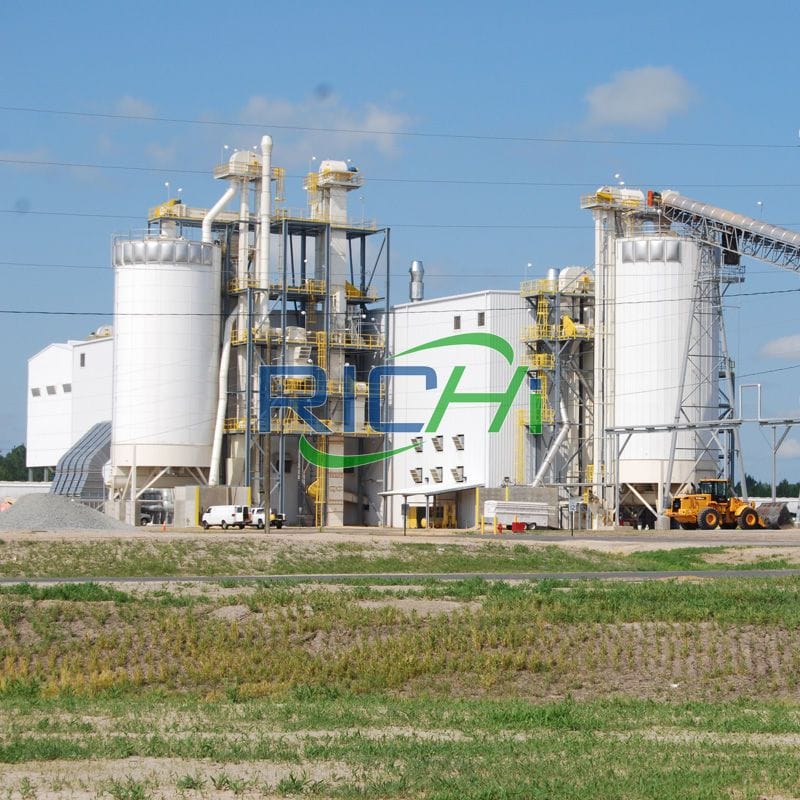
40-45T/H turnkey pellet plant for biomass straw
—— RICHI MACHINERY ——
- Annual output: 100,000 tons per year
- Biomass pellet line price: 1,390,000 USD
- Covered area: 3920 m2
- Main construction contents: production workshop, office, raw material warehouse, finished product warehouse, transportation system
- Work system: The labor quota is 15 people, single shift system, 8 hours per shift, 300 working days per year
- Raw material consumption: 5,000 tons/year of crop straw, 40,000 tons/year of wheat straw, 40,000 tons/year of corn straw, 5,100 tons/year of soybean straw, 5,000 tons/year of peanut straw, 5,000 tons/year of waste formwork
- Product specifications: diameter 6~8mm; length: 30~50mm. Density: 700~1400 kg/cubic meter; Ash content: 1~20%; Moisture ≤15%.
- Energy consumption: water 225t/a, electricity 20,000kwh/a
- Main equipment: crusher, template crusher, biomass pellet granulators, conveyor belts, grabbers, forklift, etc.
40-45T/H turnkey pellet plant Process Description:
- Raw materials: The raw materials of this turnkey pellet plant project come from wheat straw, crop straw, corn straw, soybean straw, peanut straw, waste formwork, etc. from surrounding rural areas. The purchased and bundled straw is transported to the factory area and temporarily stored in the raw material warehouse in the project area.
The purchased bales of straw are delivered to the raw material warehouse through loaders, forklifts, etc., and are manually loaded and unloaded onto the conveyor. The straw conveyor adopts a closed structure. Some raw materials with higher moisture content will be dried in the drying field before use. - Crushing: Wheat straw, crop straw, corn straw, soybean straw, peanut straw, and waste templates are crushed by a crusher. After crushing, they can be granulated. The raw materials after crushing are less than 5mm.
- Granulation and molding: The biomass pellet making machine is a key equipment in the production line. This equipment can be used for different raw materials such as rice and wheat straw, sawdust, corn straw, soybean straw, cotton straw and peanut shells, and the equipment operates stably. The density of processed pellet fuel can reach 0.7 to 1.4 tons/cubic meter.
The crushed materials are transported to the silo of the extrusion pellet machine through a closed feeding dragon. The silo is connected to the feeding chamber, and the materials undergo processes such as forming and shape retention in the die holes.
Due to the increase in pressure in the biomass pellet press, the particles themselves deform and flow plastically, and generate a large amount of heat under the action of friction, causing the lignin contained in the raw materials to soften and the adhesive force to increase. After a certain period of time, it is extruded into a cylindrical shape. The rotating cutter cuts the material into a cylindrical shape and sends it out through the discharge port. - Cooling: The temperature of biomass pellet fuel is as high as 80-90°C during granulation and discharging. The structure is relatively loose and easy to break. It must be cooled by an air cooling system and cooled to normal temperature before being bagged and stored. It is sent to the cooling machine through the belt conveyor for cooling. The cooling is completed in 2-3 minutes.
- Packaging and storage: This design uses a packaging conveyor for measurement, tape packaging, and delivery to the finished product warehouse.
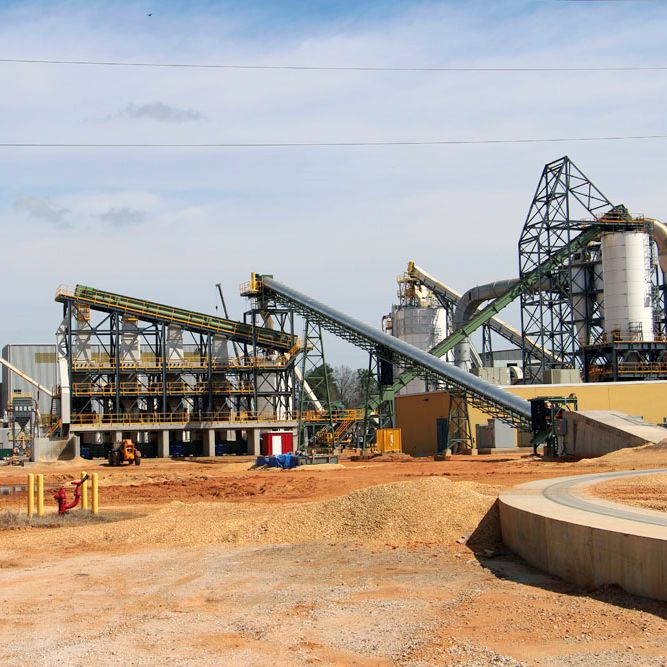
50 tons turnkey pellet plant for agri crop straw
—— RICHI MACHINERY ——
- Annual output: 120,000 tons per year
- Biomass pellet machine line price: 940,000 USD
- Covered area: 4580 m2
- Main construction contents: production workshop, raw material area, finished product warehouse
- Work system: The labor quota is 25 people, single shift system, each shift works 8 hours, and the annual working time is 300 days
- Raw material consumption: straw*127563t/a, purchased from nearby farmers, with a moisture content of approximately 18%
- Main equipment: crusher, conveyor belt, steel silo, feeder, feeding auger, straw pellet machine, forklift, grass grabber, conveyor fan, air shutoff device
50T/H turnkey pellet plant Process flow:
This biomass pellet mill line project plans to use locally purchased crop corn straw waste with a moisture content of about 18%, and process it into biomass block fuel through crushing, pressing, inspection, packaging and other processes.
- Crushing: After the crop corn straw raw materials are transported from the factory area to the production workshop by forklifts, they are first crushed by a crusher, and the crushed material particles enter the next step of pressing through a belt conveyor.
- Pressing: The crushed materials enter the biomass pelletizer machine through the belt conveyor. The pressure of the crushed raw materials is automatically adjusted using the principle of bidirectional rotation of the thrust bearing, and the raw materials are pressed into a dry matter density of 1.1-1.2t/m3 and a moisture content of less than 15 %, lumpy combustibles with a diameter of 20-40mm.
The material does not need to add any additives or binders during processing. Crop straw materials contain a certain amount of cellulose and lignin. Lignin is the structural monomer in the material and is a phenylpropanoid-type polymer compound. It has the function of strengthening cell walls and binding cellulose. Lignin is amorphous, and its main part is insoluble in any solvent at room temperature.
It has no melting point, but has a softening point. When the temperature reaches a certain value, the lignin softens and the bonding force increases, and under a certain pressure, the cellulose molecular groups are dislocated, deformed, and extended. The adjacent biomass pellets inside are meshed with each other, reassembled and suppressed. - Inspection: Qualified products are weighed by electronic scales and transported to the biochemical boiler room through sealed pipelines after passing the inspection.
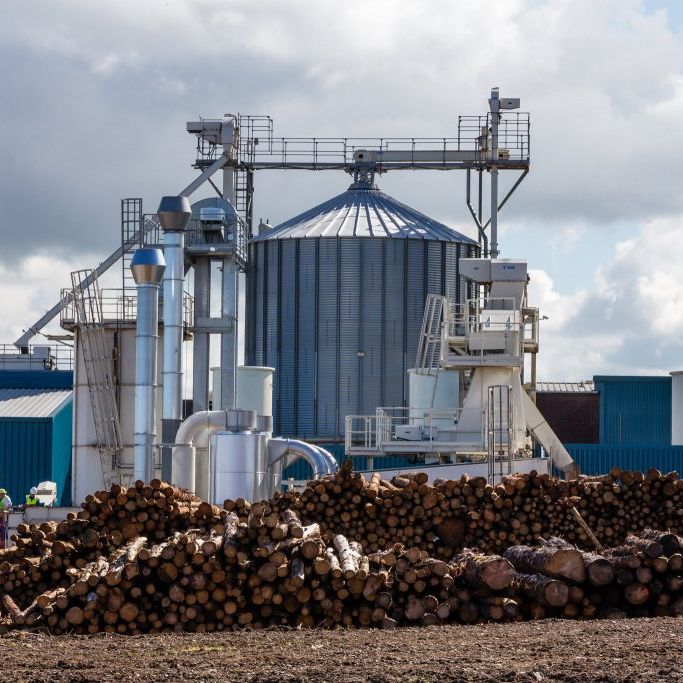
60-62.5 t/h turnkey pellet plant for wood sawdust straw rice husk
—— RICHI MACHINERY ——
- Annual output: 150,000 tons per year
- Biomass wood pellet production line price: 2,480,000 USD
- Area: 3452.85m2
- Main construction contents: a crushing workshop, a molding workshop, a raw material warehouse, a finished product warehouse, supporting office buildings, drying yards, etc.
- Working system: The labor capacity is 10 people, the working days are 300 days per year, single shift system, 8 hours per shift.
- Raw material consumption: straw 30,000.4 tons/year, rice husk 90,000.9 tons/year, sawdust 15,000 tons/year, wood blocks and branches 15,000.2 tons/year
- Energy consumption: 450,000 kilowatt hours of electricity/year, 300 tons of water/year
- Main equipment: slicer, crusher, screening machine, biomass wood pellet mill, packaging machine, forklift, conveyor belt (fully enclosed)
60T/H turnkey pellet plant Process flow:
- Natural drying: Since the moisture in some raw materials may not meet production requirements, a drying field is set up in the factory area of this biomass pellet mill plant project to naturally dry the raw materials.
- Crushing: Rice husk is crushed using a crusher.
- Cutting, crushing and screening: Since the wood blocks, branches and straw are large, in order to facilitate subsequent crushing, the cutting, crushing and screening all-in-one machine is used to cut them first, crush them after cutting, and screen them after crushing; the large particles after screening are re-crushed, and the qualified ones after screening, enter the biomass pellet forming machine for granulation.
- Molding and granulation: Various materials are transported to the biomass wood agri pellet machinery using a closed conveyor belt for compression, molding and granulation.
- Natural cooling: The qualified products after granulation are transported to the hopper using a belt conveyor for natural cooling.
- Packaging: Use packing bags to pack biomass pellets.
Optimizing your facility, equipment, and production processes is critical to survive and thrive in any market. RICHI engineers possess vast experience in providing industrial turnkey pellet plant engineering solutions that are focused on improving your bottom line.
RICHI provides biomass pellet production line engineering services to deliver plant layout optimization solutions that propel your business into a more productive, profitable, and competitive landscape.
How to build a 40-60T/H turnkey pellet plant?
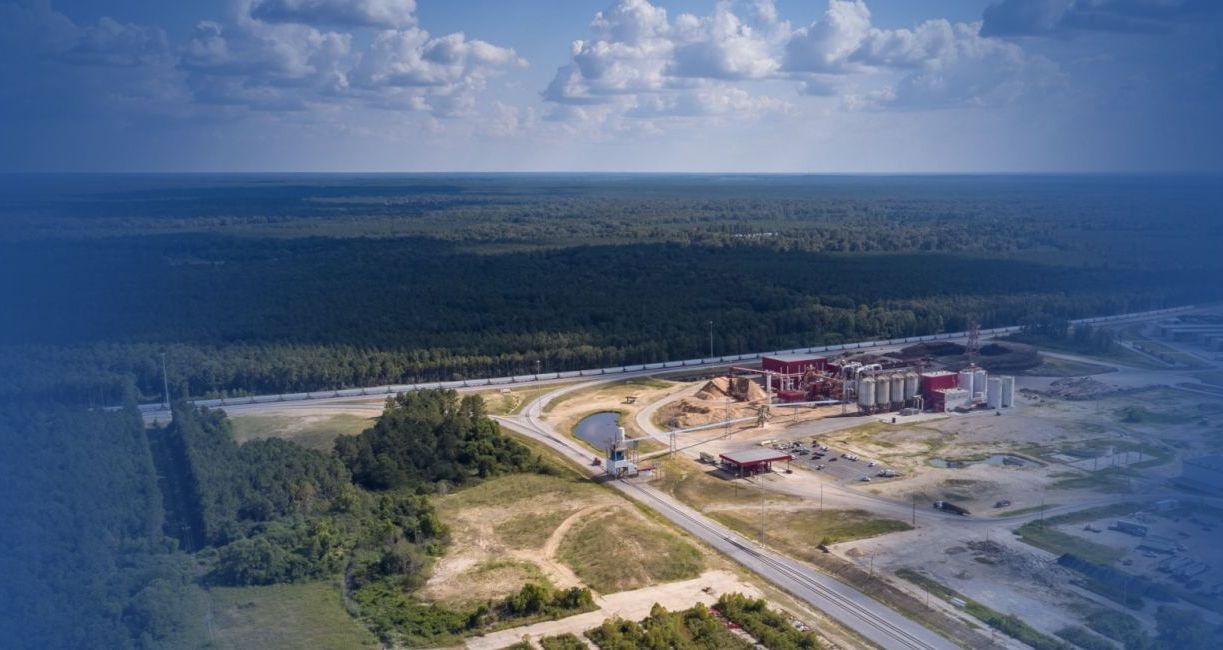
- Project feasibility study
Determine product plans, market conditions, industry development prospects, investment budgets, profit forecasts, economic benefits, social benefits and other issues. - Site selection analysis
Based on market demand and the location advantages of raw material sources, select areas with rich resources, convenient transportation, and conducive to the procurement of raw materials and sales of finished products. - Site planning
According to the land area, build production workshops, raw material warehouses, finished product warehouses, office areas and other areas. The production workshop will be divided according to process to ensure the efficient operation of the turnkey pellet plant. The warehouse will have raw material areas, finished product areas, and production areas, and multiple independent factories can also be set up. - Equipment procurement and installation
According to the requirements of processed products, advanced processing equipment needs to be purchased to ensure product quality and production efficiency. The equipment will be installed and debugged according to the layout requirements of the production workshop to ensure the continuity of the biomass pellet manufacturing plant and a good working environment. - Raw material procurement and quality control
It is necessary to cooperate with raw material suppliers to establish a stable raw material supply chain to ensure timely procurement and quality control of raw materials. Before the raw materials are put into storage, a strict inspection mechanism needs to be established to control the quality of the raw materials to ensure that the products meet the processing requirements of the granules. - Production process planning and control
For the production process of different products, scientific production plans and processes need to be established to ensure the efficient operation of the turnkey pellet plant. And combined with the modern production management system, the entire biomass pellet production process is controlled and fully automated or semi-automated. - Personnel recruitment and training
In order to ensure the normal operation of the turnkey pellet plant, a professional production team needs to be formed. Recruiters will be selected according to the requirements of the corresponding positions, and professional training will be carried out to improve employees’ skill levels and production awareness. - Quality inspection and product certification
It is necessary to establish a complete quality inspection system to strictly control the biomass pellet production process and finished products. And will apply for corresponding product certification to enhance the competitiveness and market share of products. - Sales and market development
It is necessary to formulate reasonable sales strategies, establish cooperative relationships with major sales channels, and expand the market influence of products. - Environmental protection and safety measures
This biomass pellet making plant will abide by the environmental protection regulations of the country where it is located, reduce the discharge of pollutants, and do a good job in environmental monitoring and management. At the same time, strict safety measures and operating procedures need to be formulated to ensure the safety of employees and the stability of biomass pellet production.
The above are the details of the turnkey pellet plant construction plan. Customers can scientifically plan and rationally organize the construction work based on the above main processes to ensure the smooth progress and high-quality completion of the project.
RICHI’s team of project and process engineers have a wide range of experience in turnkey pellet plant and biomass pellet manufacturing systems design for turnkey engineering solutions.
We also help our clients navigate jurisdictional rules and regulations and can lead the process to obtain compliance. Our experts can also analyze your labor needs and help companies facing staffing issues with optimized turnkey pellet plant layout and equipment solutions.
